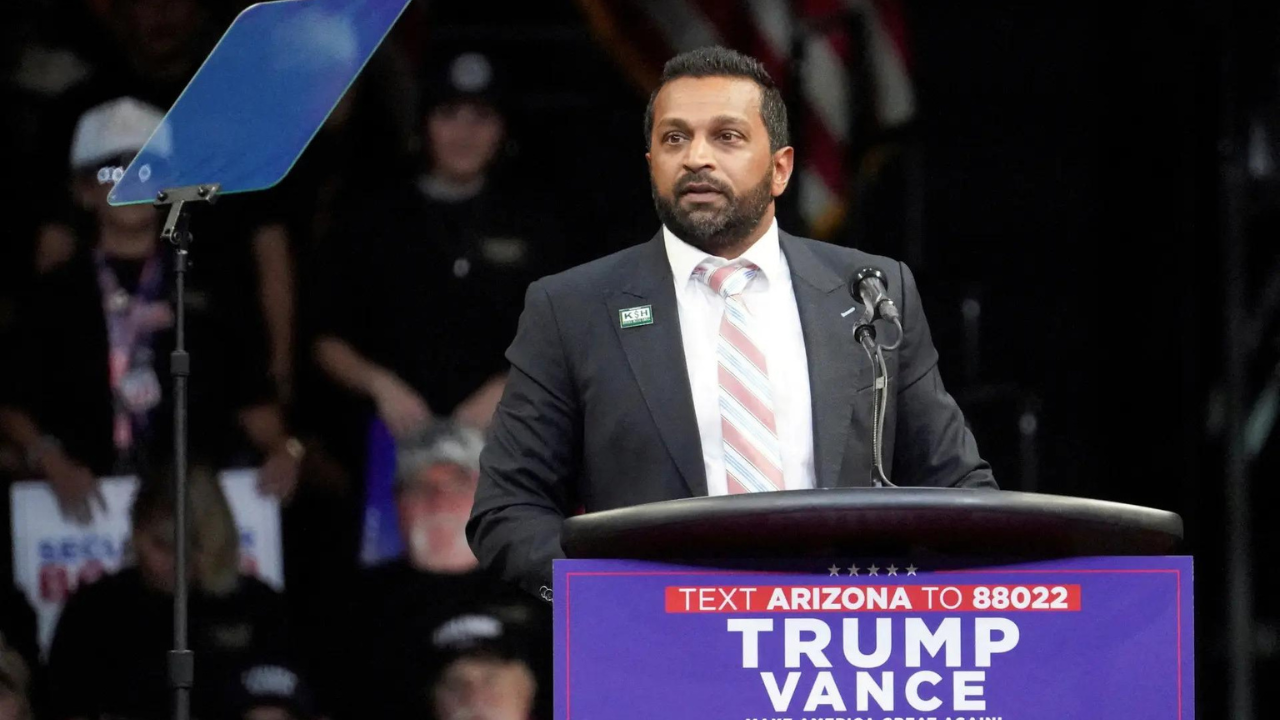ARTICLE AD BOX
-
Diplomats expected, yesterday, Wednesday, that the United Nations Security Council will vote, today, Thursday, on a draft resolution drafted by Britain demanding an end to the siege of the Rapid Support Forces on the city of El Fasher, North Darfur, Sudan.
Diplomats expected, yesterday, Wednesday, that the United Nations Security Council will vote, today, Thursday, on a draft resolution drafted by Britain demanding an end to the siege of the Rapid Support Forces on the city of El Fasher, North Darfur, Sudan.
The draft resolution calls for an immediate cessation of fighting, an end to the escalation in and around the city, and the withdrawal of all fighters who threaten the safety and security of civilians, according to Reuters. Britain is demanding that the 15-member Security Council hold a vote on the project on Thursday afternoon.
Approval of the project requires the approval of at least 9 members, and Russia, China, the United States, Britain, or France must not use the veto.
The war broke out in Sudan in April 2023, between the Sudanese army and the Rapid Support Forces, leading to the largest displacement crisis in the world.
El Fasher is the last major city in the Darfur region of western Sudan that is not under the control of the Rapid Support Forces. The Rapid Support Forces and their allies overran four other state capitals in Darfur last year, amid accusations that they were responsible for a campaign of ethnically motivated killings targeting non-Arab tribes and other violations in West Darfur.
Senior United Nations officials warned last April that about 800,000 people in El Fasher were at “severe and immediate danger” in light of the worsening violence that threatened to “unleash a bloody sectarian conflict throughout Darfur.”
The draft Security Council resolution calls on "all parties to the conflict to ensure the protection of civilians, including allowing civilians who wish to move inside and outside El Fasher to safer areas to do so."
It also urges states to refrain from intervening in a way that fuels conflict and instability, and instead to support efforts aimed at achieving lasting peace. The United Nations says that nearly 25 million people, half of Sudan's population, need aid, that about eight million have fled their homes and that hunger is worsening.
.png)
 5 months ago
4
5 months ago
4









 English (US)
English (US)